Oscars 2018: things go right for Hollywood and Academy
This year’s awards were expected to be a balancing act: a rebranding exercise of sorts for the Academy.
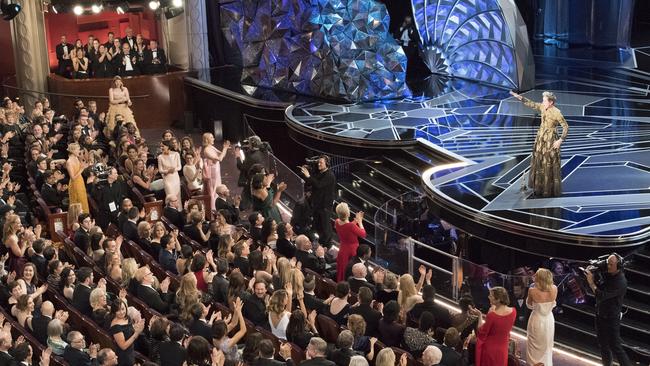
The filmmaker who was announced as the winner of this year’s Oscar for best picture was taking no chances. Not after last year’s debacle. Before he accepted the statuette, Guillermo del Toro asked to see the card. Only then did he allow himself to smile.
Del Toro’s film, The Shape of Water — which he produced, directed and co-wrote — was the biggest winner of the night, with four awards from 13 nominations, including best picture and best director. In a year in which the Oscars were under scrutiny for all kinds of reasons, the spoils were spread around among several of the nominees.
One of them, Dunkirk (three awards), provided the evening’s sole Australian winner, editor Lee Smith, a three-time nominee. There was another Australian in the editing category, Paul Machliss, who received his first nomination for Baby Driver. The remaining two Australian nominees were Josh Lawson and Derin Seale, who made the live-action short film nominee The Eleven O’Clock.
This year’s awards were expected to be a balancing act. Apart from last year’s chaotic mix-up over the best picture winner, the Academy had an image to reinforce and sell, a rebranding exercise of sorts. Celebrating history, acknowledging mistakes and transgressions of the past and repositioning the organisation — and the industry — for the future: all within the confines of an awards ceremony.
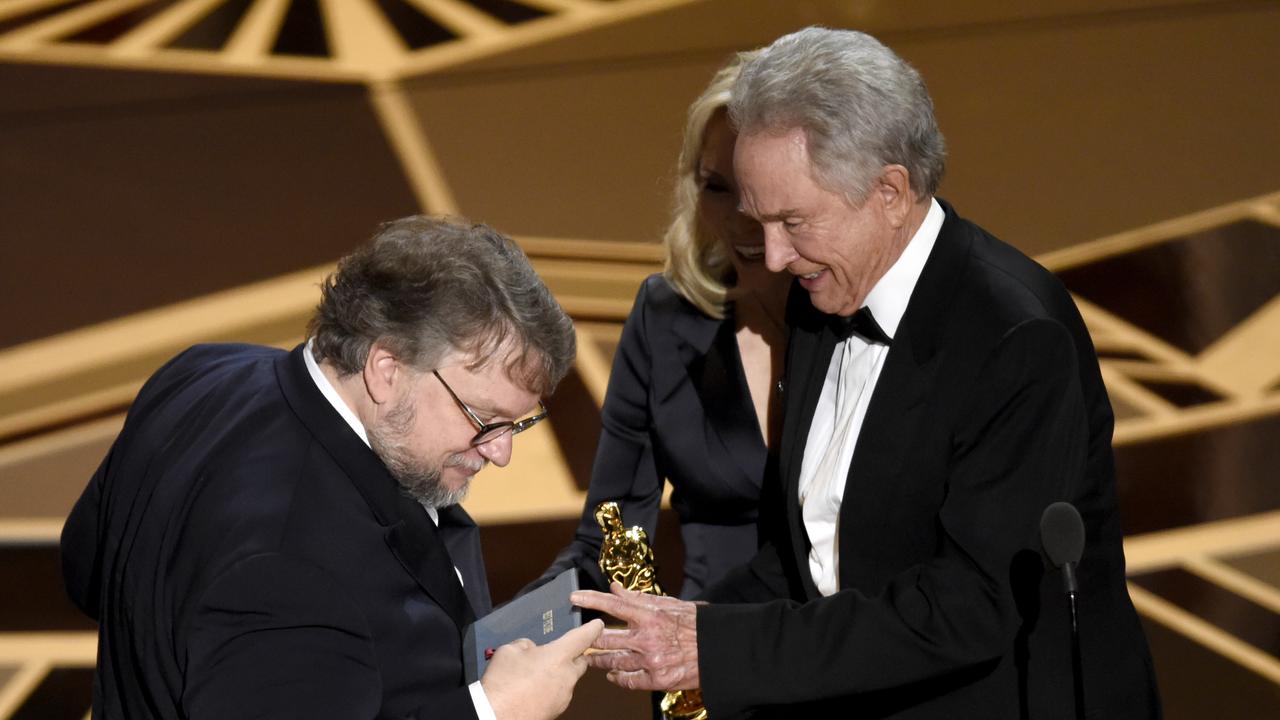
So there were movie-clip compilations that put a positive spin on the power of Hollywood, ranging from tribute to military-themed movies and a celebration of its role as (in Roger Ebert’s words) “a machine to generate empathy”.
There was also the need to show that the Academy could subject itself to scrutiny, with a few barbs thrown in.
Host Jimmy Kimmel did a reasonable job of tackling the year’s issues that have put Hollywood under scrutiny: the litany of sexual harassment and assault allegations against producer Harvey Weinstein: the #MeToo movement and the Time’s Up campaign. And #OscarsSoWhite, the campaign that drew attention to the lack of diversity among the 2016 nominees, remains relevant. So there was an attempt to reflect on this within the ceremony.
Sometimes, on the other hand, history took care of itself. Eva-Marie Saint (who won best supporting actress in 1955 for On the Waterfront) presented the award for best costume design, and delivered a lovely introduction with reminiscences about roles, directors and wardrobe choices. At 93, she is, as she pointed out, older than the Oscars.
James Ivory, who turns 90 in June, became the Academy’s oldest winner, taking out his first Oscar: he had been nominated three times before in the best director category. He won best adapted screenplay for Call Me By Your Name, the only award the film took out. Veteran cinematographer Roger Deakins finally took home an Oscar after decades of wonderful work. After 14 nominations, he won for Blade Runner 2049.
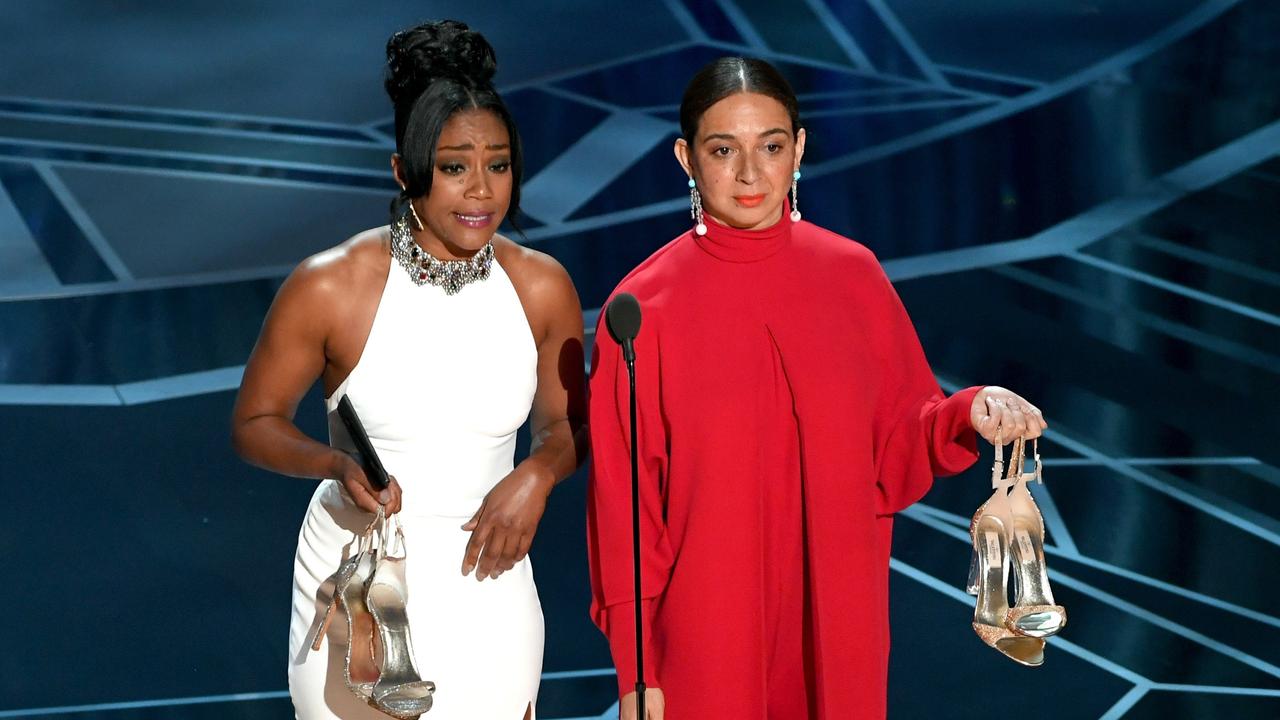
Two excellent films by female filmmakers missed out: Greta Gerwig’s Lady Bird, with four nominations, and Dee Rees’s Mudbound, which also had four nods, were both overlooked.
But the best original screenplay award went for the first time to a black filmmaker: writer-director-producer Jordan Peele won for Get Out, his smart, confronting reflection on race.
The best animated feature award went to Coco, Pixar’s adventure set in Mexico on the eve of the Day of the Dead; the film also won the award for best original song.
Chile’s Sebastian Lelio took out best foreign language feature for A Fantastic Woman, his moving story of a transgender woman dealing with loss, grief and prejudice. His luminous star, Daniela Vega, was a presenter at the awards.
The acting results went exactly as anticipated, but even then there were moments of surprise.
The winner of the best actress award, Frances McDormand, always a wildcard when it comes to acceptance speeches — and she has made a few this year — asked all the female nominees in every category to stand. She was hyperventilating, and she had a point to make.
Look at these women, she told the audience. “We all have stories to tell and projects we need financed. Don’t talk to us about it at the parties tonight. Invite us to your offices in a couple of days or you can come to ours, whatever suits you best, and you can hear all about them.”
She finished with “two words: inclusion rider”, a practical piece of advice for A-listers, in particular: a contract clause that would stipulate that the film’s cast and crew must be diverse.
For the rest, there were all the things you expect from the Academy Awards: longueurs, self-congratulations, people being played off before they had finished their acceptance speeches — something that seems to happen only to winners in technical categories or for short films.
And there was something a little stolid about Kimmel’s hosting. Maybe it’s time for someone new.
Tiffany Haddish and Maya Rudolph combined to present best animated short and best live-action short, and their anarchic to-and-fro provided a welcome injection of energy, enough to suggest they should be in contention for Oscar hosting next year.
Another possibility: actor and writer Kumail Nanjiani, nominated for best original screenplay this year for The Big Sick, whose contribution to a montage video about inclusion was smart, witty and to the point.
Kimmel offered the prize of a jet ski to the person who made the shortest acceptance speech: it went to Mark Bridges, costume designer on Phantom Thread.
There are always other parts of the ceremony that could have been trimmed, particularly the tiresome stunt involving “ordinary people”. It was supposed to be a way of offering personal thanks to members of the public for going to the movies.
Kimmel rounded up a few actors and directors from the Dolby Theatre audience to interrupt a screening in the cinema opposite and hand out popcorn and hot dogs to people who thought they were there to watch a film.
A mixed message, to say the least, about the meaning of the big-screen experience.


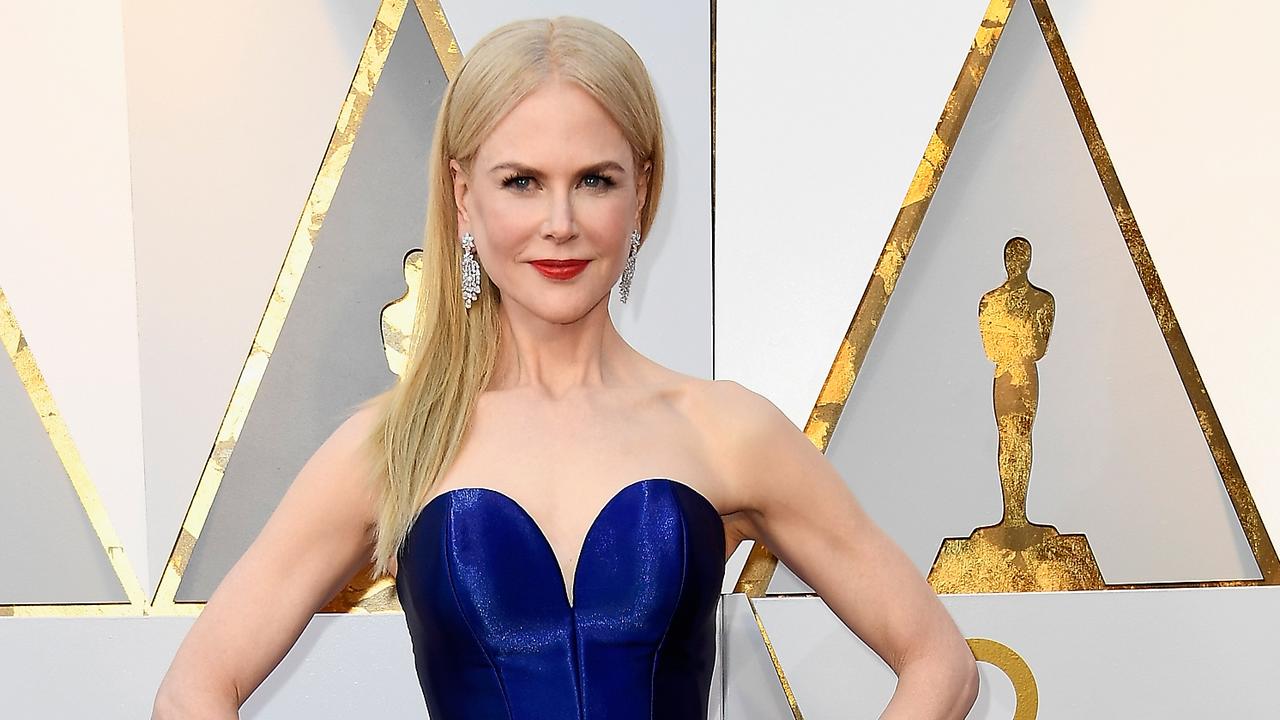
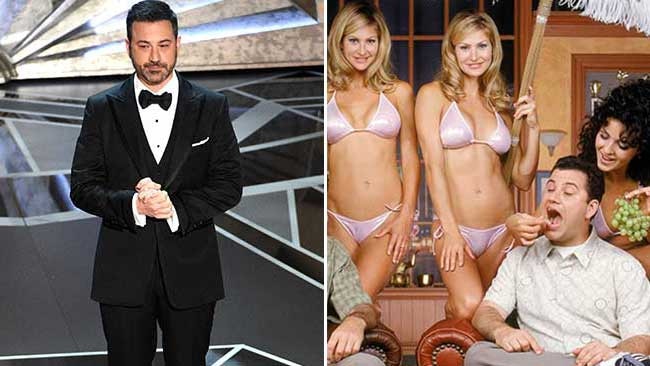
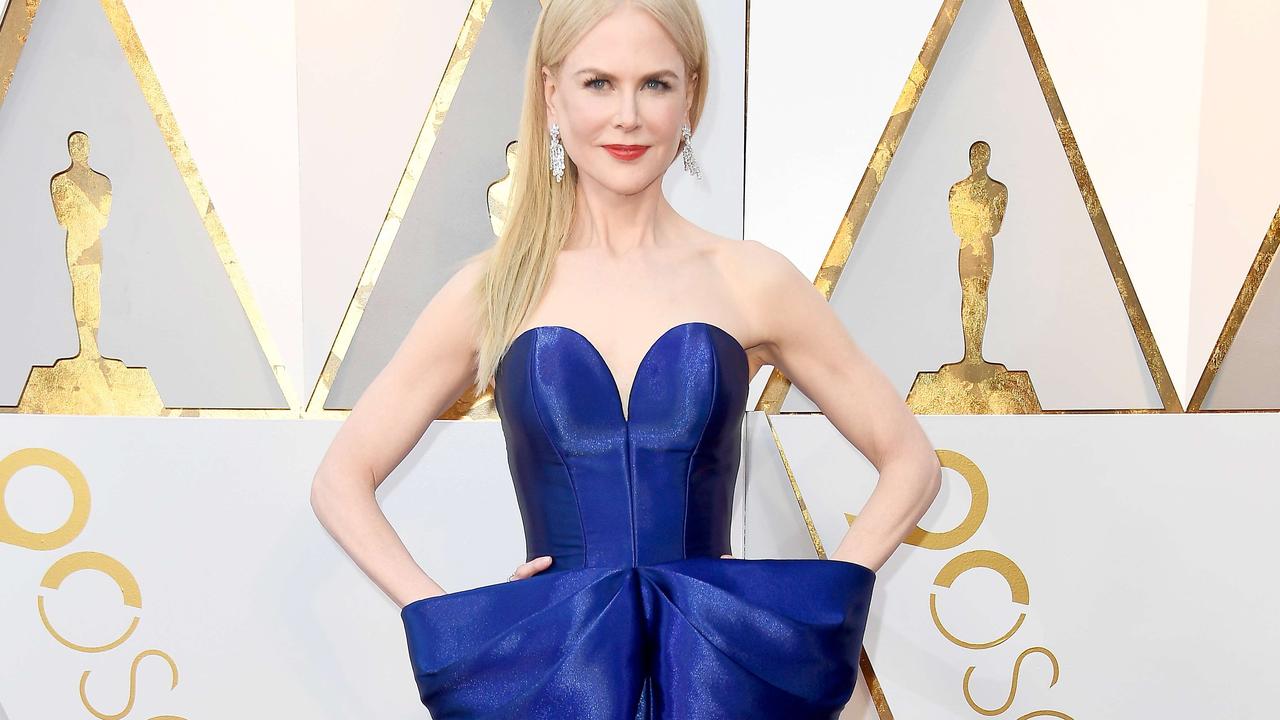
To join the conversation, please log in. Don't have an account? Register
Join the conversation, you are commenting as Logout